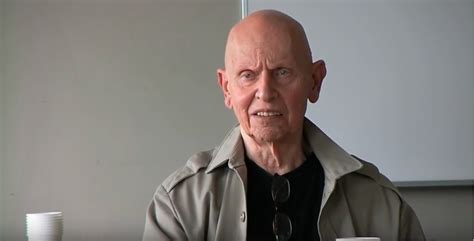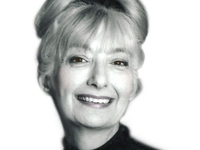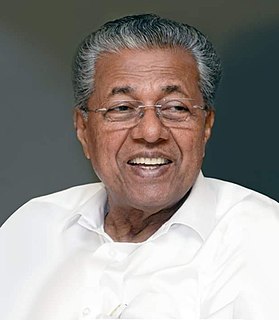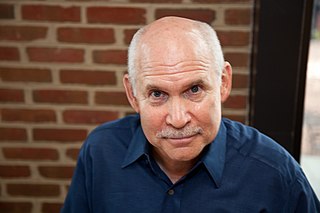A Quote by David Antin
I tended to emphasize the secular, the casual, the colloquial, the vernacular against the sacred.
Related Quotes
For people raised and programmed on the patriarchal religions of today, religions that affect even the most secular aspects of our society, perhaps there remains a lingering, almost innate memory of sacred shrines and temples tended by priestesses who served in the religion of the original supreme deity. In the beginning, people prayed to the Creatress of Life, the Mistress of Heaven. At the very dawn of religion, God was a woman. Do you remember?
When my works are being translated, I always get this question from my translators: Up or down? Which means, should it sound biblical and highbrow, or should we take it all down to sound colloquial? In Hebrew, it's both all the time. People in Israel would write in a high register, they wouldn't write colloquial speech. I do a special take on colloquial speech.
In India in particular, where millions have no home but the streets, virtually every life event is carried out in public: prayer, eating, sleeping, nursing, crude dentistry, even bodily functions. In the secular West, where nothing is sacred, everything seems hidden; yet in Asia, where nothing is hidden, everything is sacred.
In contemporary society secular humanism has been singled out by critics and proponents alike as a position sharply distinguishable from any religious formulation. Religious fundamentalists in the United States have waged a campaign against secular humanism, claiming that it is a rival "religion" and seeking to root it out from American public life. Secular humanism is avowedly non-religious. It is a eupraxsophy (good practical wisdom), which draws its basic principles and ethical values from science, ethics, and philosophy.
I'm not against religion in the sense that I feel I can't tolerate it, but I think written into the rubric of religion is the certainty of its own truth. And since there are 6,000 religions currently on the face of the earth, they can't all be right. And only the secular spirit can guarantee those freedoms and it's the secular spirit that they contest.







































